A few tips to help you figure how you can understand certain senior dog conditions better and ensure their comfort.
From age-appropriate nutrition, regular exercise to dealing with dementia, incontinence and more, pet parents of geriatric dogs often feel a little lost when it comes to their care. And so, we bring to your this list of a few helpful tips — tips that you can easily incorporate into your pet’s routine to comfort them and help them mellow into adorable senior fidos!
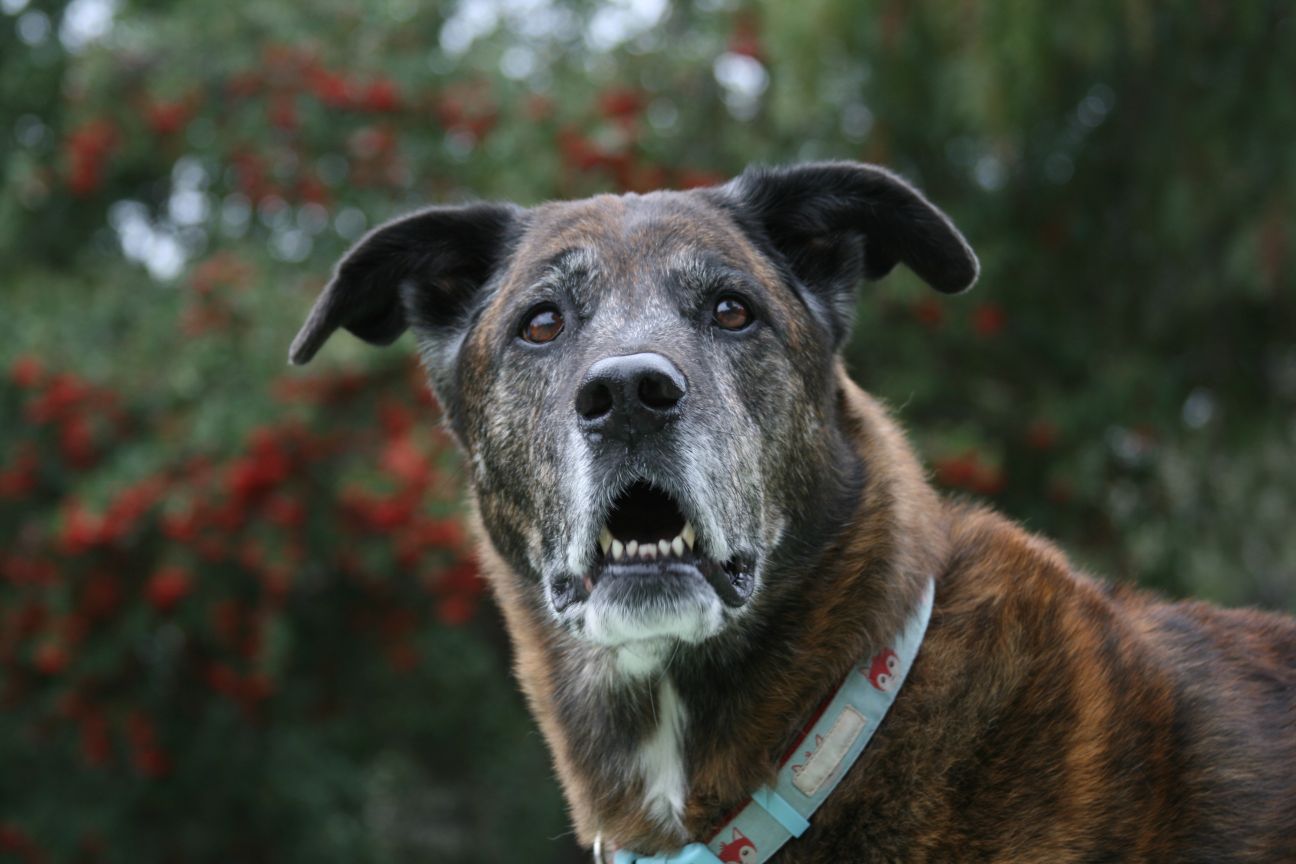
A Baseline Health Profile
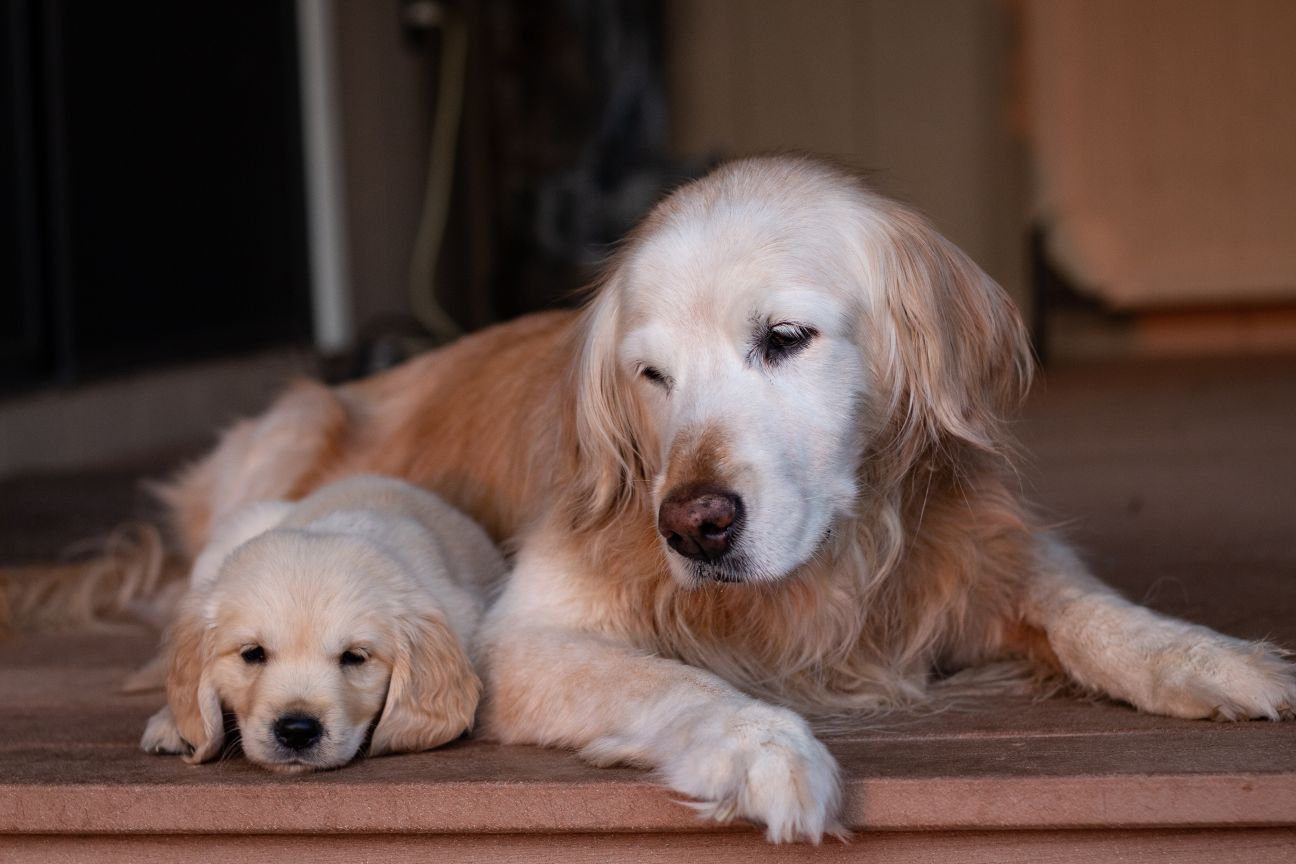
First things first, just like humans, dogs, too, have a smooth transition into seniority — it’s not an overnight event. A lot of health issues can be cut slack with a baseline health profile when the dog is healthy and mid-aged. The comparison of an annual health checkup and the baseline health profile can be a great indicator of new developments.
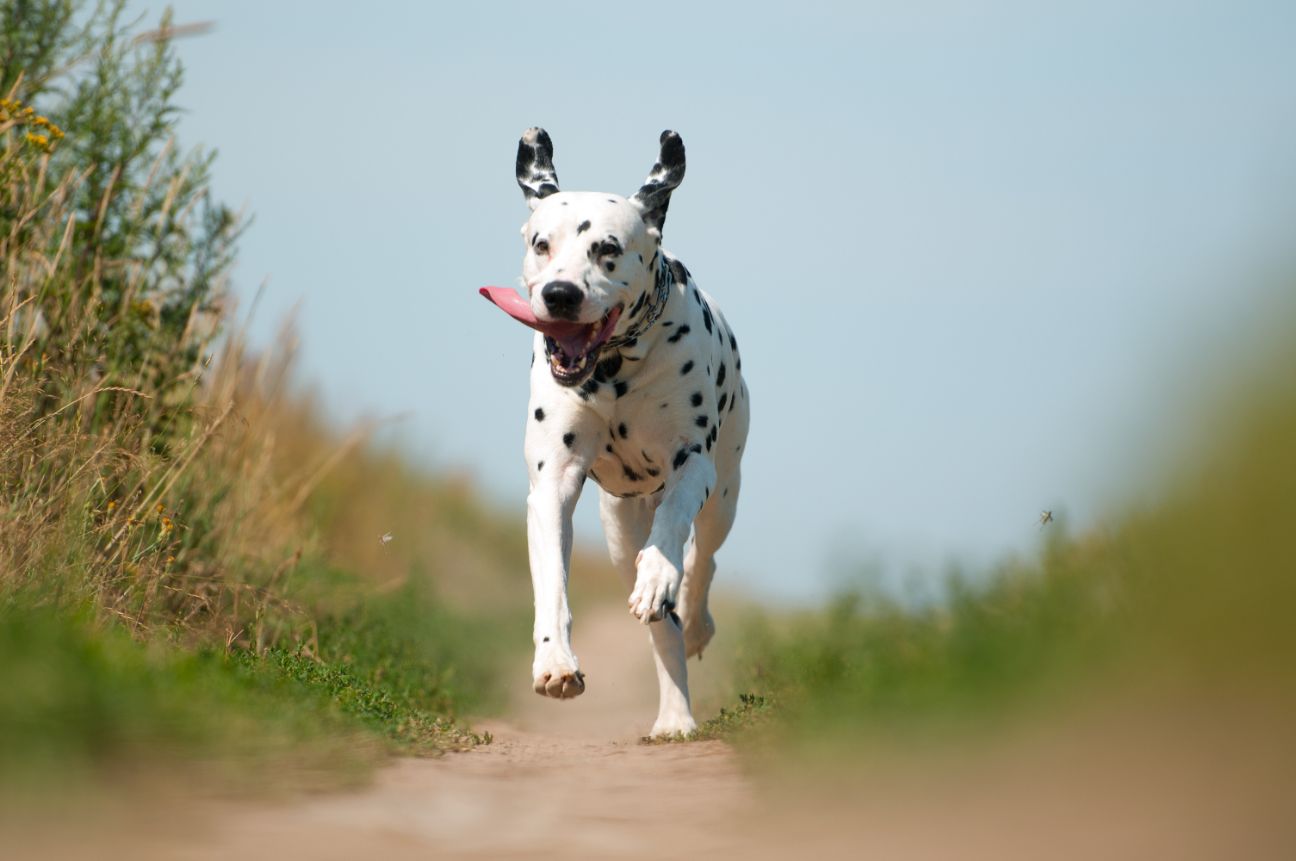
Exercise not only helps in overall health but, most importantly, keeps the excess weight at bay. Large breed dogs, especially, can benefit from regular exercise given their susceptibility to conditions like hip dysplasia. However, it is best to consult your pet’s vet as to the type and intensity of exercise will be best for your pet. Last but not least, bear in mind the age of your dog and that their energy levels reduce with age!
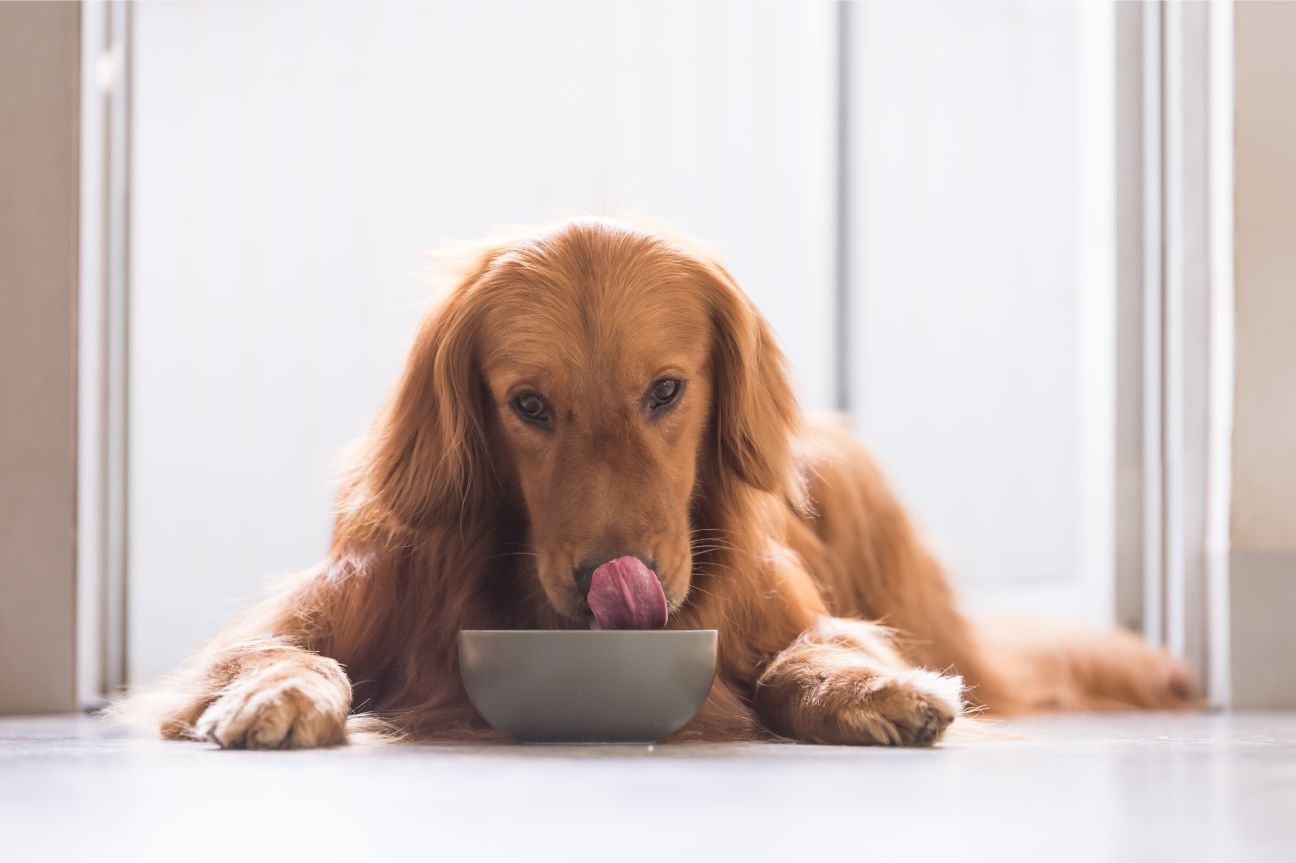
Just like us humans, the nutrition needs of a senior dog, too, evolve with time. Factors like digestion, especially, become a concerning a factor and what may have suited your pet as an adult dog may not anymore. Do not overlook the risk of obesity when it comes to your senior dog’s nutrition. A balanced diet of proteins, carbs, and AHAs is best suitable for a senior dog; however, for specific conditions, a carefully prescribed diet by a vet can be the best choice!
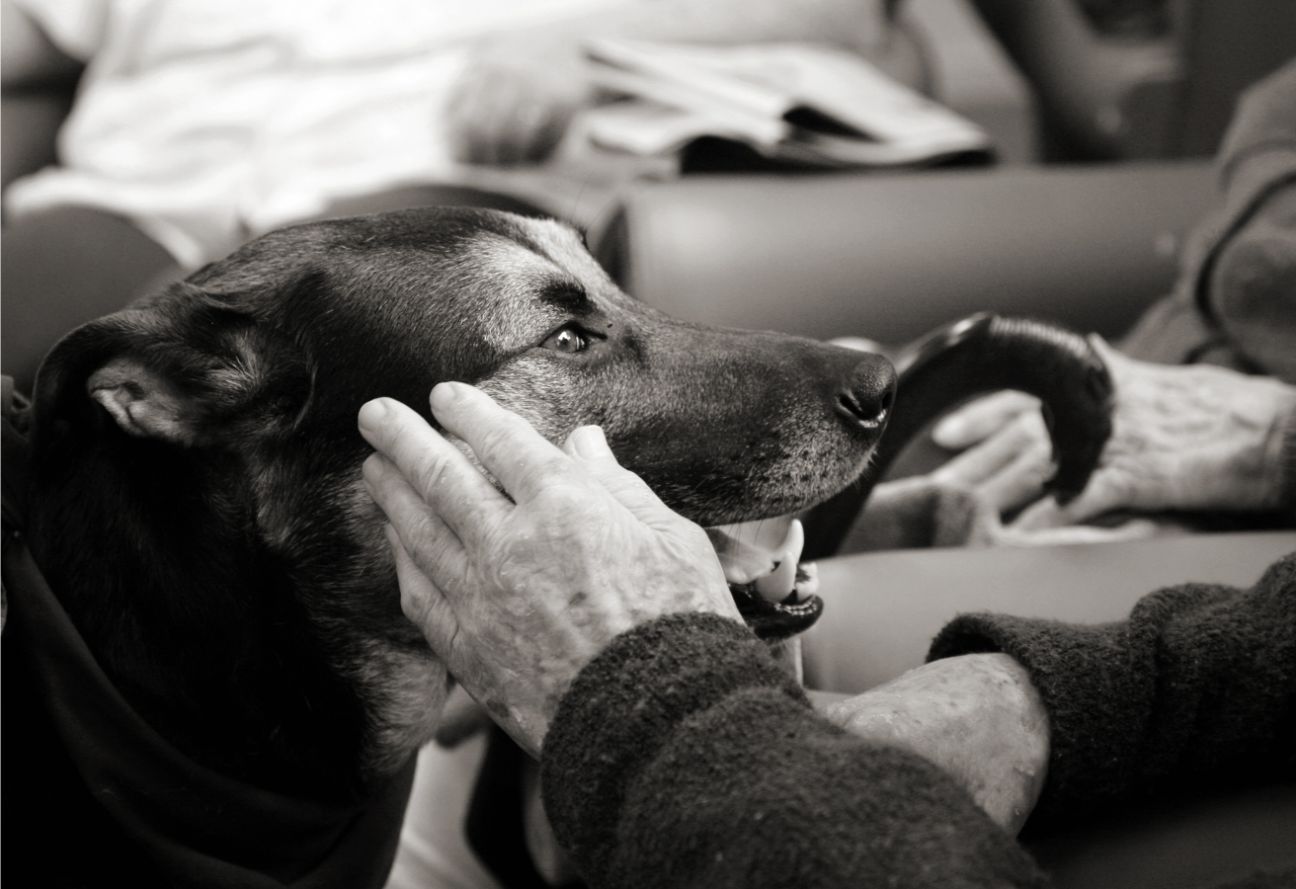
So you have exercise and nutrition in check, but take note - oral health can be a larger dark horse in determining your dog’s overall health. The build-up of tartar and plaque can affect your fido’s health because of the enormous built up of bacteria therein. Look out for signs like excessive drooling, yellowish-brown tartar crust along the gum line, bumps or growths within the mouth and even depression that can lay the possibility of serious oral health issues in dogs, especially senior!
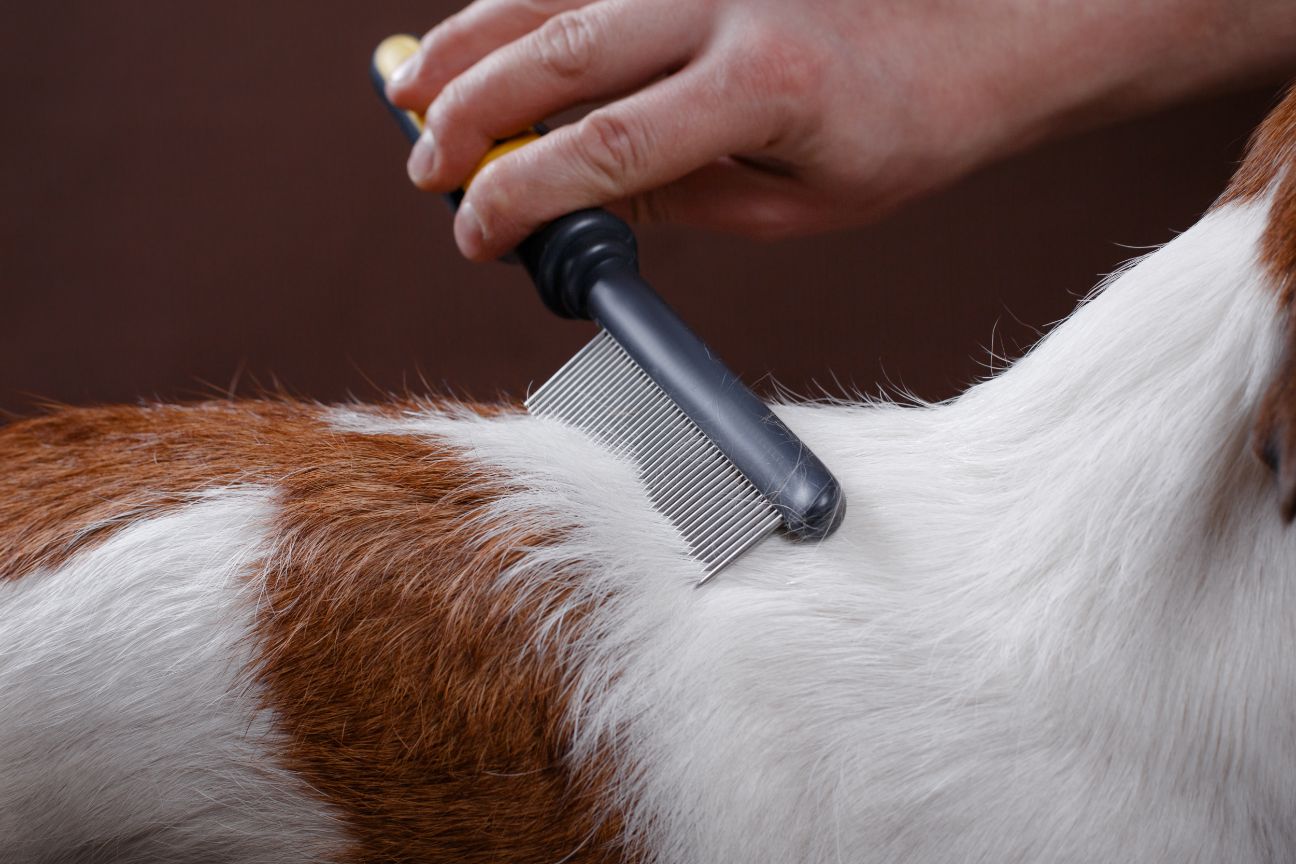
The health of your senior pet’s skin and coat can also face slack with age. If you notice, their once glossy coat may not be as glossy anymore. Skin can possibly be prone to dryness, itchiness, flakiness, and irritation to unknown factors. While regular brushing is an inevitable part of their routine now, regular checkups at the vet's must become a must too now.
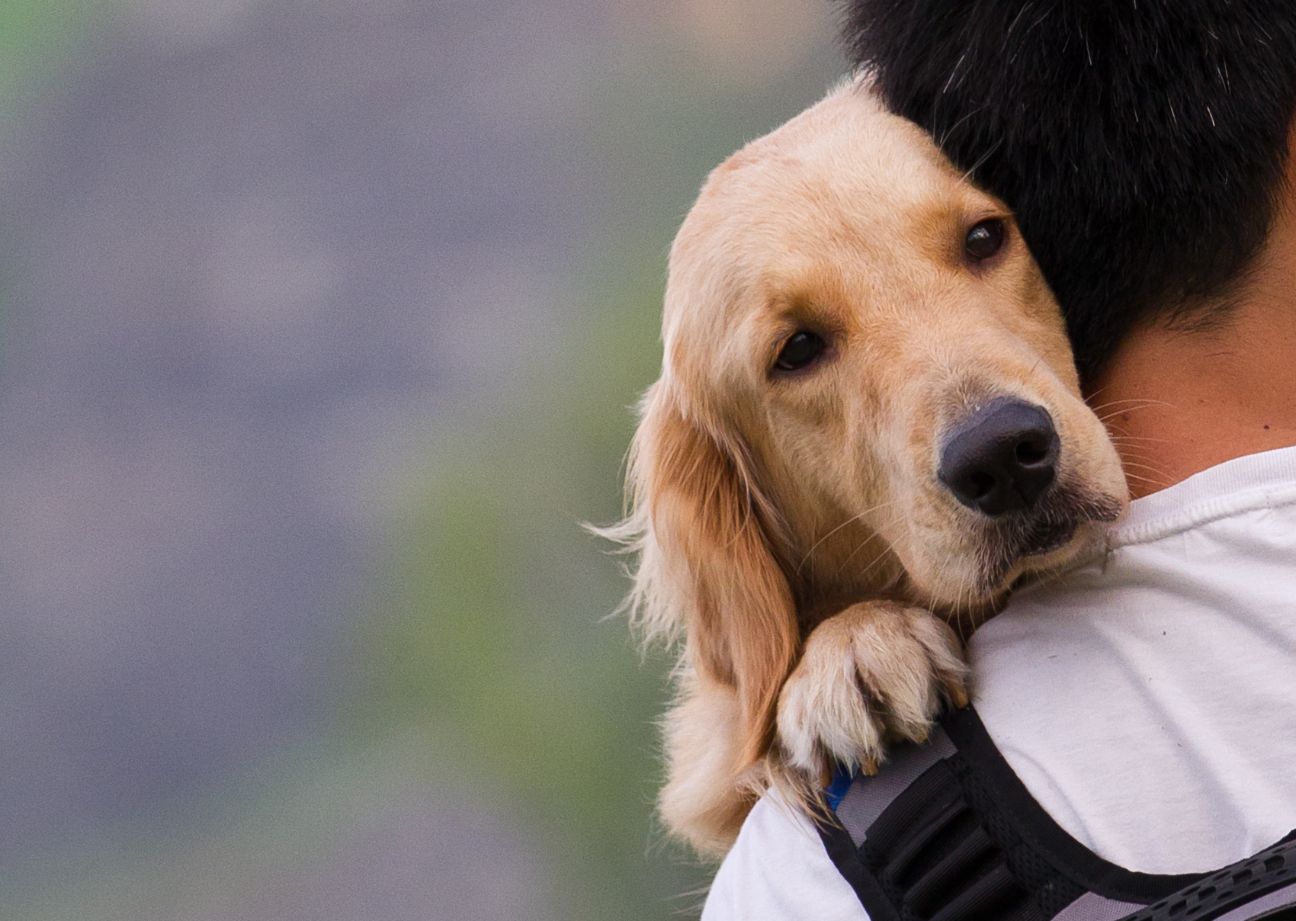
And finally, after all the dos and don’ts don’t forget how much a difference only your presence can make. Senior dogs can be anxious without your company. With you by their side, they have all the moral support they need as they turn the next page of their lives!
And then, like they say, “Age is but a number”. Don’t forget to celebrate your pet’s wisdom, best done without dwelling much on their age. Make the most of the walks, the cuddles and all things that make your pet so beloved!